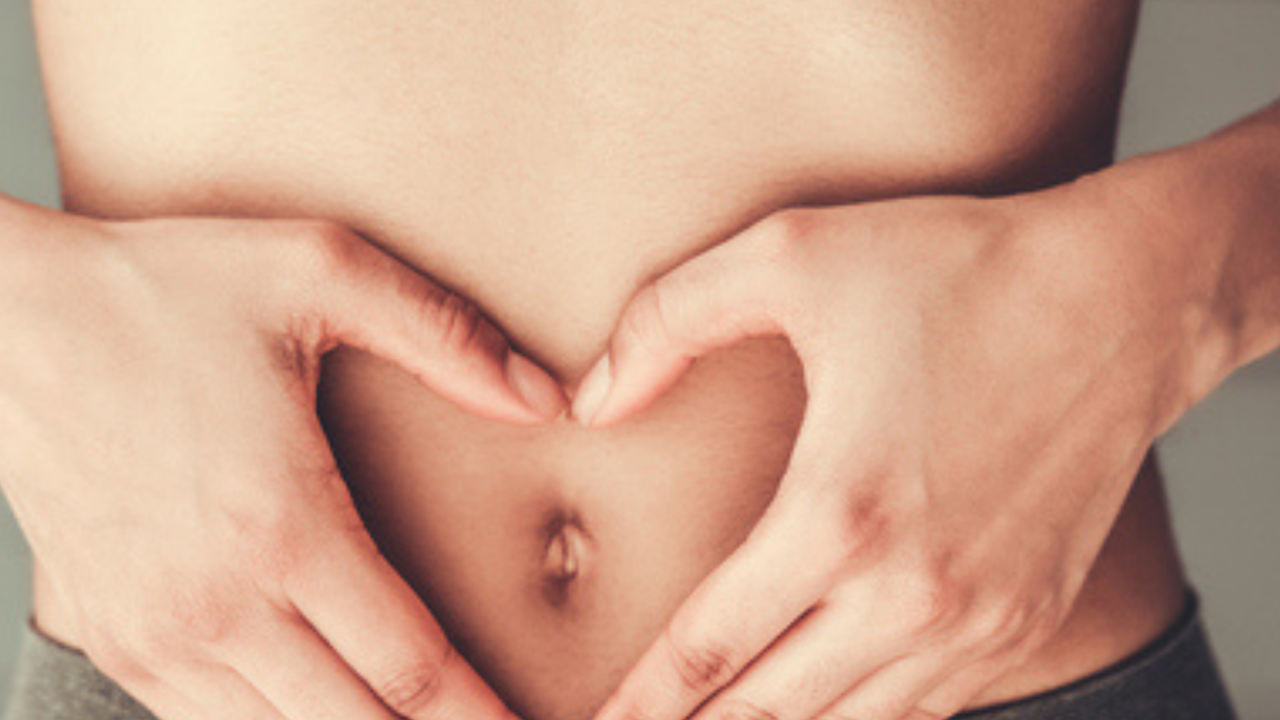Eat to Preserve Gut Health and Establish a Healthy Microbiome
Oct 13, 2020
Good gut health is everything! The brain-gut relationship determines a lot when it comes to anxiety. For good gut health, we need good bacteria living in our systems. The presence and type of microorganisms influence what the gut is able to digest and absorb, and also affect the degree of inflammation throughout the body. This, in turn, contributes to our moods and energy level. The biochemical relationship and signaling that goes on between the cognitive and emotional centers in the brain and the gastrointestinal tract are known as the gut-brain axis.
The importance of the gut-brain connection is also gaining traction among mental health researchers because of multiple studies that show people with anxiety have a different gut microbiome than those who do not!(1)
Furthermore, according to researchers at RMIT University in Melbourne, Australia, “An influence of gut microbiota on behavior is becoming increasingly evident, as is the extension to effects on tryptophan and serotonin metabolism. There is the regulation of tryptophan and serotonin in the gut by the resident microbiota, and recent studies show that low-to-no gut microbiota increases levels of tryptophan and serotonin and modifies central higher-order behavior.” (2)
The microbiome is a term that means the entire balance of microorganisms in a particular environment. In regard to the gut microbiome, as defined by molecular biologist Joshua Lederberg, it is defined as the totality of microorganisms, including bacteria, viruses, protozoa, and fungi, and their collective genetic material present in the gastrointestinal tract. (3)
This information about anxiety and gut health is so empowering to me; as someone who has suffered anxiety, I didn’t know I was at a disadvantage because my microbiome was not right. I had no clue that this meant I would be deficient in some essential nutrients! Among other things gut microbes do is to synthesize vitamins from our food—and make hundreds of neurotransmitters, including 90 to 95 percent of the serotonin the body uses. Serotonin is involved in basic physiological processes like learning, memory, mood, and sleep. (4) As soon as we can replenish this, we can start to feel a whole lot better. To me, this suggests we ought to help out our guts and feed them the right things to balance the gut microbiome. And it raises an interesting question: Which comes first, an unhealthy gut (due to poor eating and stress) or anxiety (which causes an unhealthy gut)?
An example of gut-brain communication being a two-way street may be irritable bowel syndrome (IBS). There have been cases where IBS causes anxiety and cases where anxiety causes IBS! IBS symptoms can include abdominal pain, bloating, gas, and other digestion issues.
What’s interesting is that for many years the medical field did not fully acknowledge the connection between mood and food. But lately, things have changed, and nobody denies it anymore. “Put simply, what you eat directly affects the structure and function of your brain and, ultimately, your mood,” says Eva Selhub, M.D., a contributing editor for the Harvard Health Blog. “Like an expensive car, your brain functions best when it gets only premium fuel.” Meaning our brain functions best when we feed it quality food. She continues, “Unfortunately, just like an expensive car, your brain can be damaged if you ingest anything other than premium fuel. If substances from ‘low-premium’ fuel (such as what you get from processed or refined foods) get to the brain, it has little ability to get rid of them.” (5)
Foods that support helpful microorganisms in the gut are known as prebiotics. Eating more complex carbs (whole grains, vegetables, and fruits) and fewer simple carbs (foods containing refined sugar and white flour) can contribute to better gut health. Also, because complex carbohydrates are metabolized more slowly, they help us maintain an even blood sugar level, which gives us a calmer feeling.

You can help replenish the good bacteria in your microbiome through probiotic foods and supplements. You get probiotics naturally when you eat fermented foods like vegetables, cucumbers, pickles, sauerkraut, and kimchi (just make sure they don’t have sugar and preservatives added). Kombucha, miso, tempeh, and sourdough contain probiotics. Probiotics are also present in raw milk and raw or fermented milk products, including cheese, kefir, and yogurt. It’s important to note, however, that probiotics are destroyed by pasteurization, so be aware when choosing your yogurt and other similar foods. (6)
Personally, I now take probiotic supplements daily to help maintain the quality of my gut microbiome. I feel this helps so much. I feel so much happier and truly more peaceful having a healthy gut. Science comes in to back up this strategy. In fact, one systematic review in 2019 examined studies that treated anxiety through regulating the microbiome, either through probiotic use or dietary methods. The researchers found that more than half of the studies “showed that regulating intestinal flora can effectively improve anxiety symptoms.” Most impressive to me was that “80 percent of studies that conducted the non-probiotic interventions were effective.” They concluded, “In the clinical treatment of anxiety symptoms, in addition to the use of psychiatric drugs for treatment, we can also consider regulating intestinal flora to alleviate anxiety symptoms. Especially for patients with somatic diseases who are not suitable for the application of psychiatric drugs for anxiety treatment, probiotic methods and/or non-probiotic ways . . . can be applied flexibly according to clinical conditions.” (7)
You can read more about this in my new book Anxiety-Free with Food, which is now available for pre-ordering.
Resources:
1. F.P. Martin, et al., “Metabolic Effects of Dark Chocolate Consumption on Energy, Gut Microbiota, and Stress-Related Metabolism in Free-Living Subjects,” Journal of Proteome Research, vol. 8, no. 12 (December 2009), doi: 10.1021/pr900607v.
2. T.A. Jenkins, et al., “Influence of Tryptophan and Serotonin on Mood and Cognition with a Possible Role of the Gut-Brain Axis,” Nutrients, vol. 8, no. 1 (January 20, 2016), p. 56, doi: 10.3390/nu8010056.


